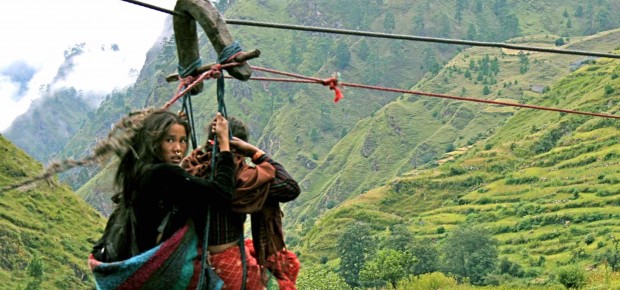Environmental Health and Risk Assessment

Most socio-environmental and public health impacts of importing and exporting processes are invisible to consumers in importing countries and to the international exporters of waste. EJOLT aims to expose new trends in toxic international trade and the roles that emerging economies like Brazil and India play in this field. This work will build on the work in EJOLT done on nuclear, mining & shipbreaking, oil & gas, and biomass & land. We will support participant Environmental Justice Organisations in their knowledge acquisition and in their actions related to health impacts, with emphasis on risk assessment and issues of uncertainty.
Latest from the Blog
MIREU Backfires
By Joan Martinez Alier.To promote mining, European official rhetoric uses phrases such as “A Social License to Operate (SLO) is crucial for the industry; this concept could be widened towards …
Our most recent study gets Canadian media spotlight
The paper ‘Environmental conflicts and defenders: A global overview’ was featured in a report on the Aboriginal People’s Television News. Leah Temper, one of the paper’s authors, was interviewed to discuss the violence that …
Latest Environmental Health and Risk Assessment Resources
‘We have a right to breathe clean air’: the emerging environmental justice movement against waste incineration in cement kilns in Spain
By Amaranta Herrero and Mariel VilellaAbstractWaste is increasingly being used as an alternative to conventional fossil fuels in cement kilns worldwide. This has led to the emergence of socio-environmental conflicts in many …
The map of conflicts related to environmental injustice and health in Brazil
By Diogo Ferreira da Rocha, Marcelo Firpo Porto, Tania Pacheco, Jean Pierre LeroyAbstractThis article discusses the experience of the map of conflicts related to environmental injustices and health in Brazil and its potential contribution to international movements for …

The project ENVJUSTICE has received funding from the European Research Council (ERC) under the European Union’s Horizon 2020 research and innovation programme (grant agreement No. 695446)